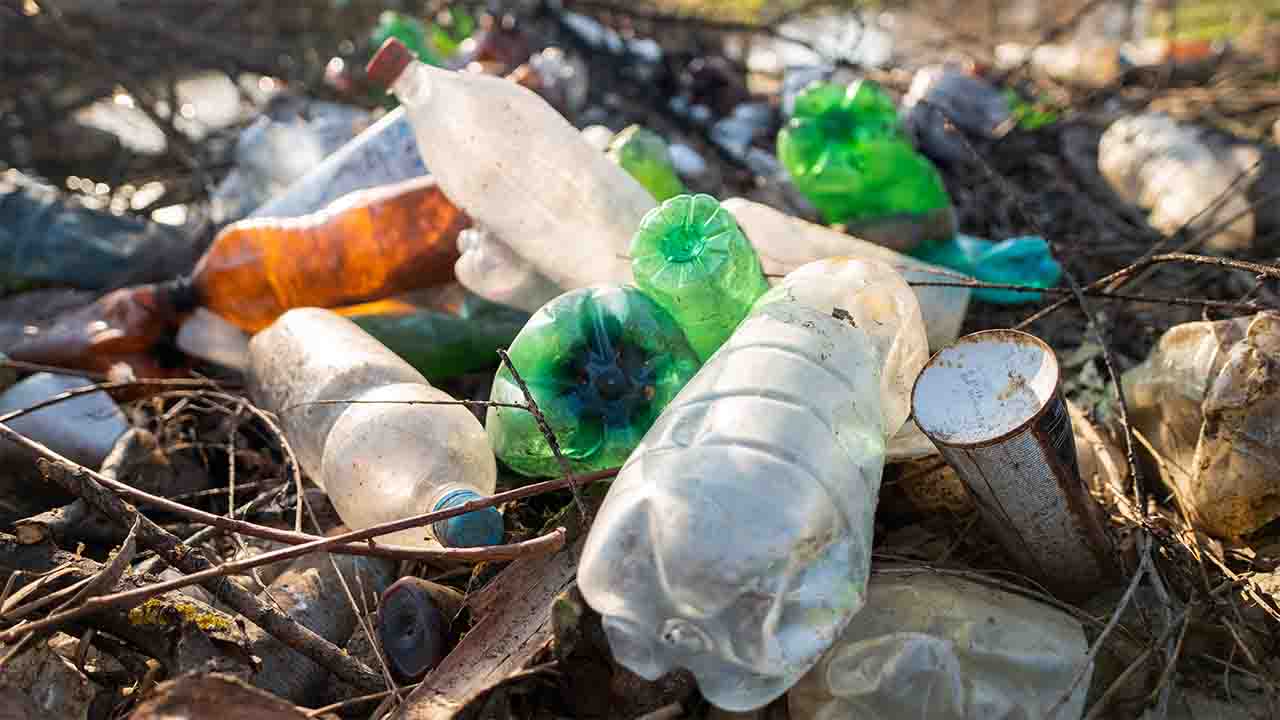According towitnessesa court decision that quashed the legal foundations of Canada’s plastic regulations might not spell the end of the government’s efforts to handle the plastic pollution issue.
Recently, a Federal Court judge sided with the petrochemical industry in a ruling against the federal government’s 2021 decision to list plastic as toxic under federal pollution legislation.
A product can be considered legally toxic, if it harms the environment or human health. This designation permits the federal government to advance regulations like Canada’s ban on plastic bags, straws, and four other single-use plastic items.
The ruling found the federal government overstepped its authority to control substances by listing all plastic items as toxic, instead of certain items shown to cause environmental harm. Typically, a substance is listed as legally toxic if a government risk assessment shows it is both harmful and likely to enter the environment.
In a departure from this method, the government justified its decision to list plastics as toxic using a science assessment which reviewed roughly about 600 scientific papers about plastic pollution and concluded that the material poses a threat, but it did not assess the risk that all plastics would end up in the environment. That evaluation came later and is used to justify the ban on some single-use items.
The judge determined that the federal government’s decision is to use this unconventional method in justifying the toxic listing wasn’t strong enough but did not ban all efforts to control the plastic pollution issue.
Martin Olszynski law professor from the University of Calgary said that, the problem is certainly more nuanced than he thinks and most individuals were led to believe when the decision was released and the court isn’t saying that you can’t ban plastic bags — in fact, the court says very clearly that there was evidence of harm for these types of things.
He also added that, the decision does nothing for individuals who want to bring back plastic straws or plastic grocery store bags. However, for Canada roughly about $35-billion plastics industry and the fossil fuel producers who supply its raw materials.
The plastics industry is treating the toxics designation as a sword of Damocles and hanging over them since it gives the federal government the authority to start regulating any plastic with minimal notice or consultation.
In spite of the massive scale of plastic pollution, the few companies who have produced the material have avoided the measures which could force them to deal with the pollution their products create.
There are few to no limits on plastic anywhere in the world, with production more than doubling in the last 20 years to reach 460 million tons in 2019. Less than 10 per cent of this plastic is recycled, with the remainder ending up in landfills, destroyed or polluting the environment.
Beyond the threat plastic pollution poses to wildlife, such as marine animals killed after consuming or being strangled by plastic items, the material contains highly toxic additive chemicals which could leach into the environment. The industry is also a main contributor to the climate crisis, with fossil fuel companies anticipating demand for plastics will keep them in business as the world moves to renewables.
Canada has taken a main role in negotiations to create a global treaty to handle the issue, with representatives in Nairobi trying to hash out a deal.
Within its authority the federal government was acting well, that is when it decided to list plastics as toxic. Plastic is one of the most persistent pollutants on Earth, making it clearly toxic under Canada’s environmental laws.
Olszynski says that, the government could appeal the decision or go back to the drawing board and draft more comprehensive arguments to
In a statement, Kaitlin Power, spokesperson for Environment and Climate Change Canada, said that the department is carefully observing the Federal Court judgment and is strongly considering an appeal.








